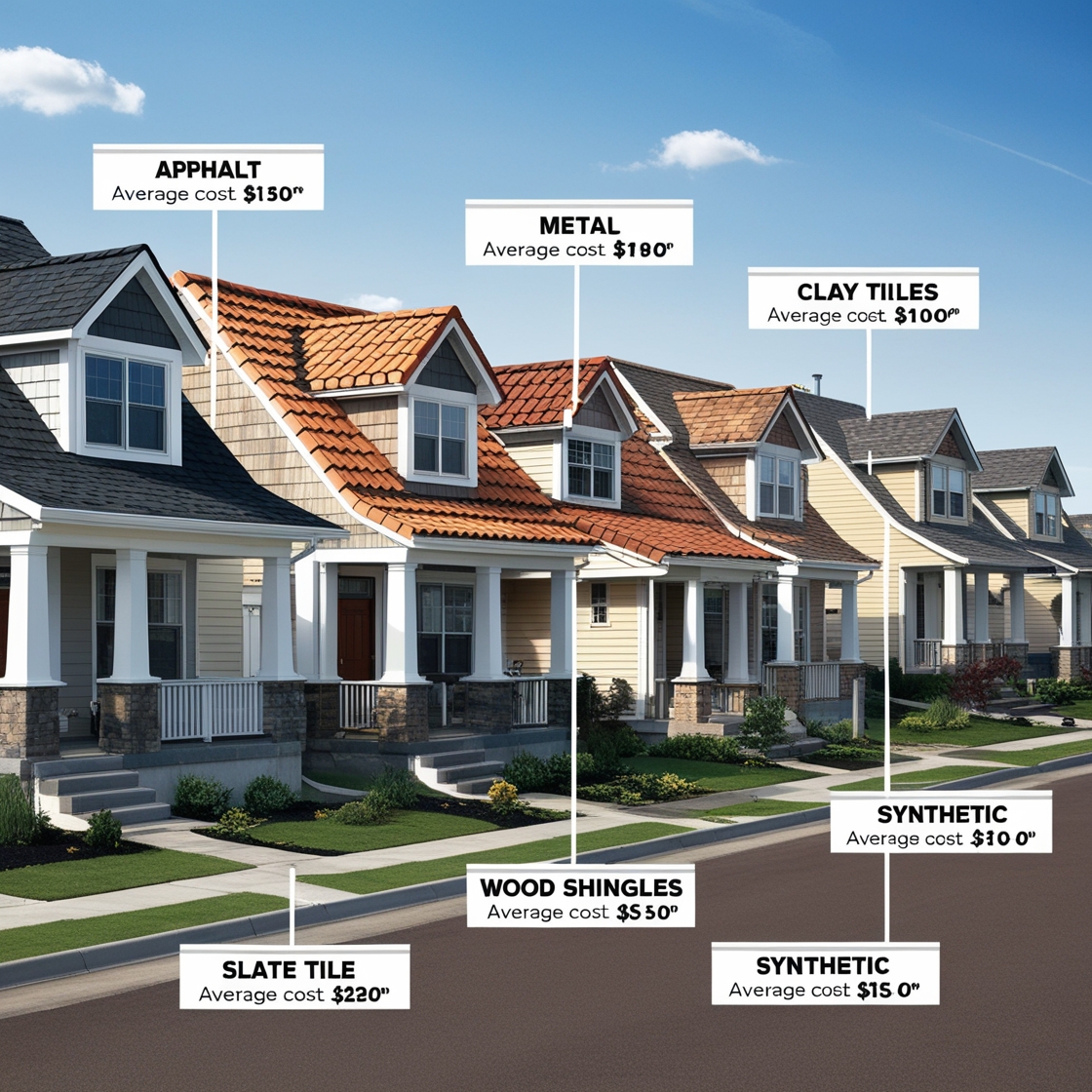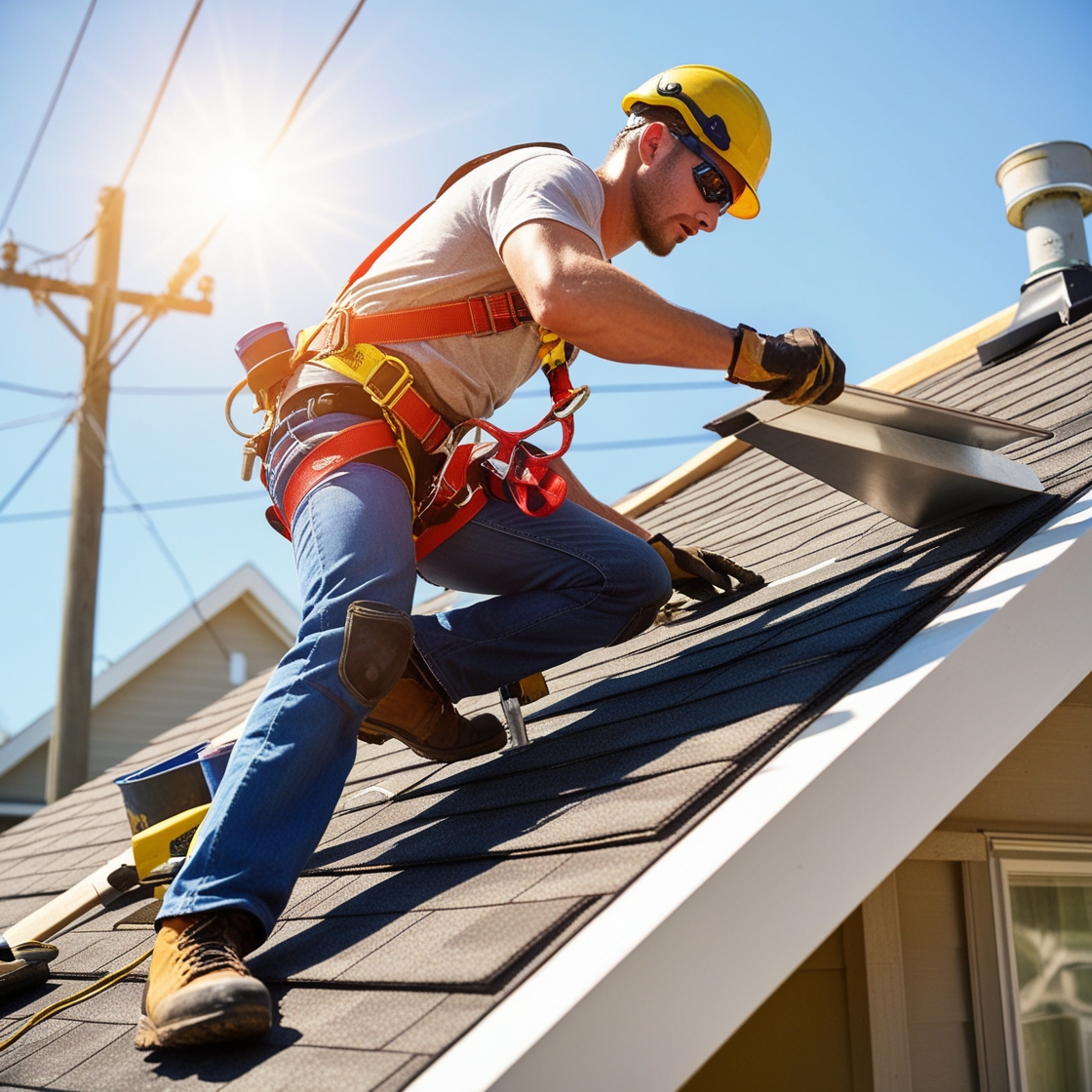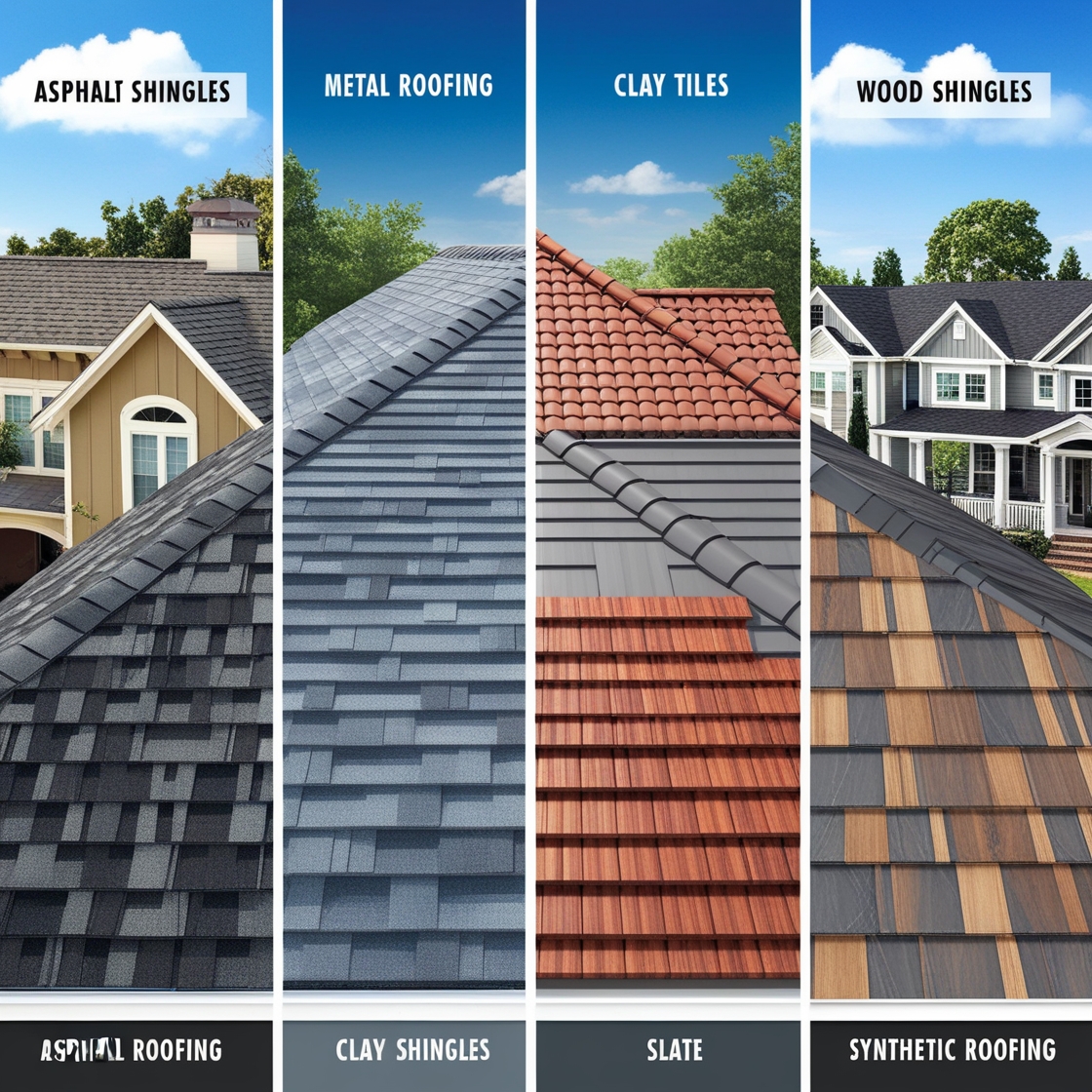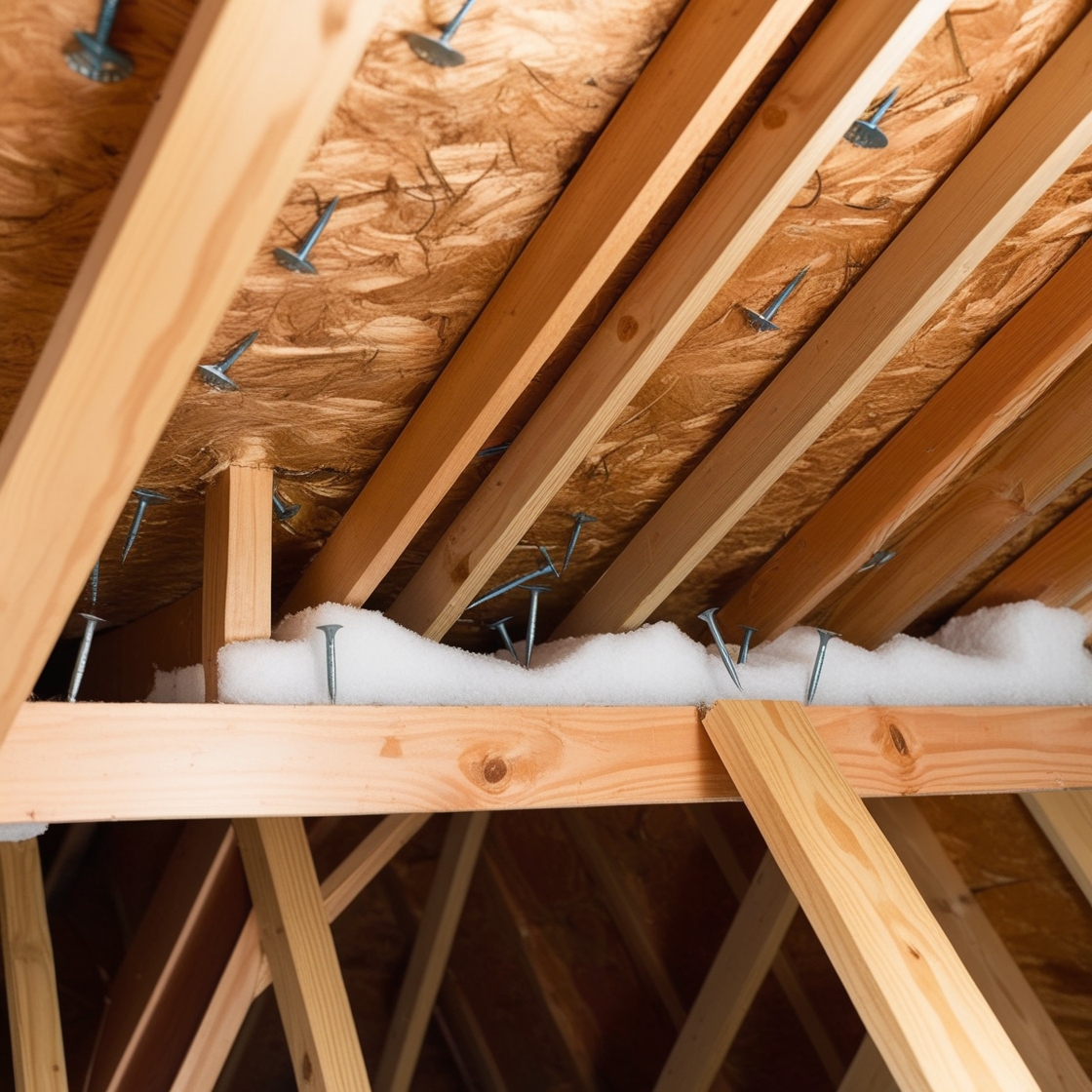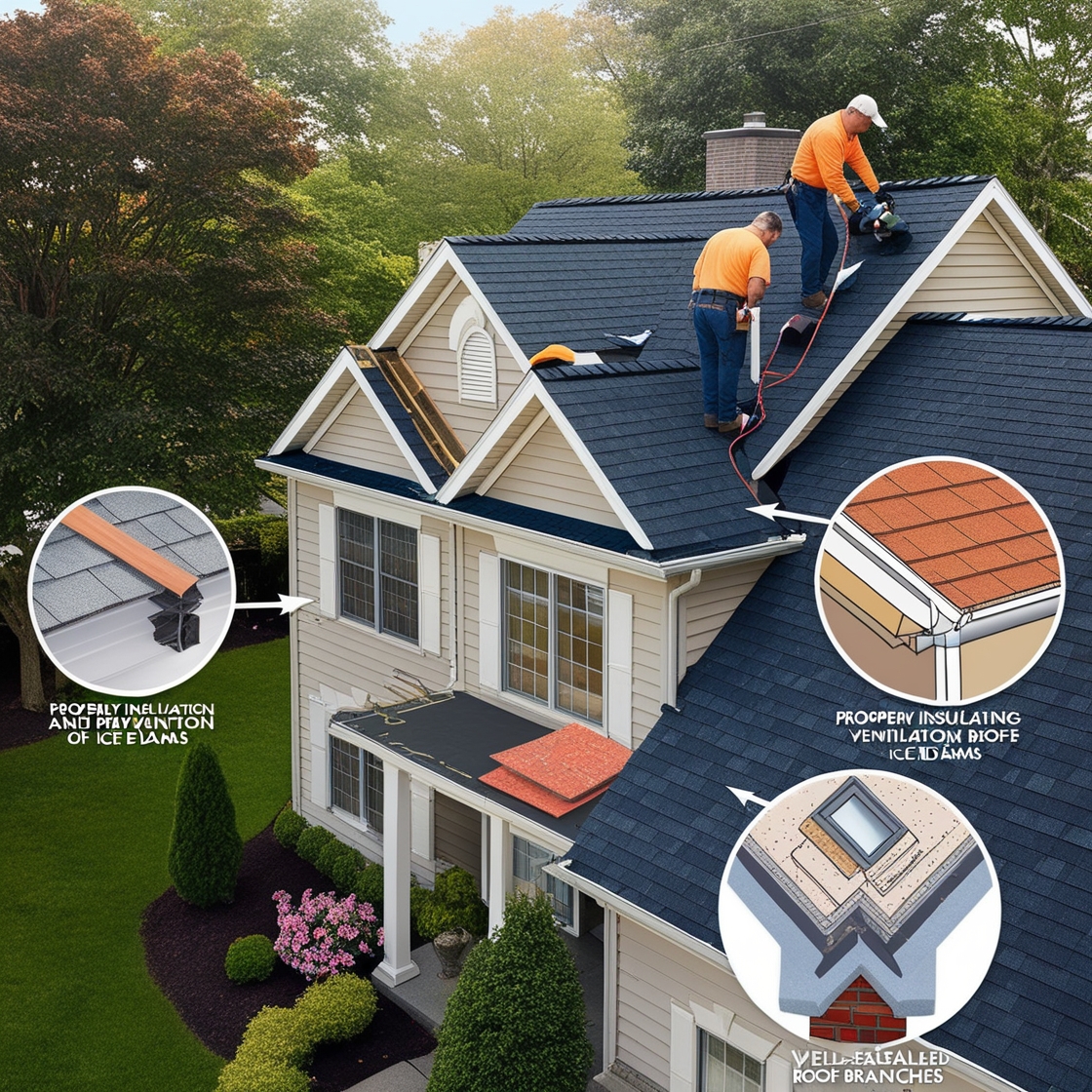When it comes to replacing your roof, one of the most significant considerations is the cost. The expense of installing a new roof can vary widely depending on several factors, including the type of material, the size of your roof, labor costs, and your geographic location. Understanding these factors will help you make an informed decision and budget accordingly. This article will explore the average cost of a new roof, what influences these costs, and how you can plan for your roofing project.
1. Factors Influencing the Cost of a New Roof
Several key factors contribute to the overall cost of installing a new roof. These include:
a. Roofing Material
The type of roofing material you choose has the most significant impact on cost. Here’s a breakdown of the average costs per square foot for some of the most common materials:
- Asphalt Shingles: $1.50 to $5.50 per square foot
- Metal Roofing: $5.00 to $14.00 per square foot
- Clay or Concrete Tiles: $8.00 to $15.00 per square foot
- Wood Shingles/Shakes: $6.00 to $10.00 per square foot
- Slate: $10.00 to $30.00 per square foot
- Synthetic Roofing: $4.00 to $10.00 per square foot
These costs can add up quickly, especially if your roof is large or has complex features like dormers or skylights.
b. Roof Size and Complexity
The size of your roof is measured in “squares,” with one square equaling 100 square feet. The larger your roof, the more material you’ll need, which increases the overall cost. Additionally, roofs with complex designs, multiple slopes, or difficult access points will require more labor, thus increasing the cost.
c. Labor Costs
Labor costs vary significantly depending on your location and the complexity of the installation. In general, labor can account for 40% to 60% of the total roofing cost. If your roof requires extensive preparation, such as removing an old roof or repairing the underlying structure, labor costs will be higher.
d. Geographic Location
Your location also plays a significant role in determining the cost of a new roof. Urban areas with a higher cost of living generally have higher roofing costs. Additionally, regions with extreme weather conditions may require more durable materials, further driving up the price.
e. Additional Costs
Other factors that can influence the total cost include permits, disposal fees for old roofing material, and any necessary repairs to the roof deck or structure.
2. Average Cost of a New Roof by Material
Let’s take a closer look at the average costs associated with each type of roofing material:
a. Asphalt Shingles
Asphalt shingles are the most affordable and commonly used roofing material. The average cost for an asphalt shingle roof on a typical home ranges from $5,000 to $12,000. For higher-end architectural shingles, costs can rise to $8,000 to $15,000.
b. Metal Roofing
Metal roofs are more expensive but offer greater durability and energy efficiency. The average cost for a metal roof ranges from $10,000 to $25,000, depending on the type of metal (steel, aluminum, copper) and the complexity of the installation.
c. Clay and Concrete Tiles
Clay and concrete tiles are durable and offer a distinctive appearance, but they are heavier and more expensive to install. The average cost for these roofs ranges from $15,000 to $30,000, with clay tiles typically being more expensive than concrete.
d. Wood Shingles and Shakes
Wood roofing provides a natural, rustic look but requires more maintenance. The average cost for wood shingles or shakes ranges from $10,000 to $20,000. Cedar shakes, which are thicker and more durable, tend to be at the higher end of the price range.
e. Slate Roofing
Slate is one of the most expensive roofing materials due to its longevity and aesthetic appeal. The average cost for a slate roof can range from $20,000 to $50,000 or more, depending on the quality of the slate and the size of the roof.
f. Synthetic Roofing
Synthetic materials that mimic natural options like slate or wood offer a more affordable alternative. The average cost for a synthetic roof ranges from $8,000 to $20,000, depending on the type of synthetic material used.
3. Budgeting for a New Roof
When budgeting for a new roof, it’s important to consider not just the upfront costs but also the long-term value. While some materials may have a higher initial cost, they can offer savings in the long run through durability, energy efficiency, and lower maintenance needs.
a. Financing Options
If the cost of a new roof is more than you can afford upfront, financing options are available. Many roofing companies offer payment plans, and you can also consider home equity loans or personal loans to cover the expense.
b. Insurance Coverage
In some cases, your homeowner’s insurance may cover the cost of a new roof, especially if the damage was caused by a covered peril like a storm. It’s essential to check your policy and consult with your insurance provider to understand your coverage.
c. Choosing a Contractor
Selecting a reputable contractor is crucial to ensuring your roof is installed correctly and within budget. Get multiple quotes, check references, and make sure the contractor is licensed and insured.

